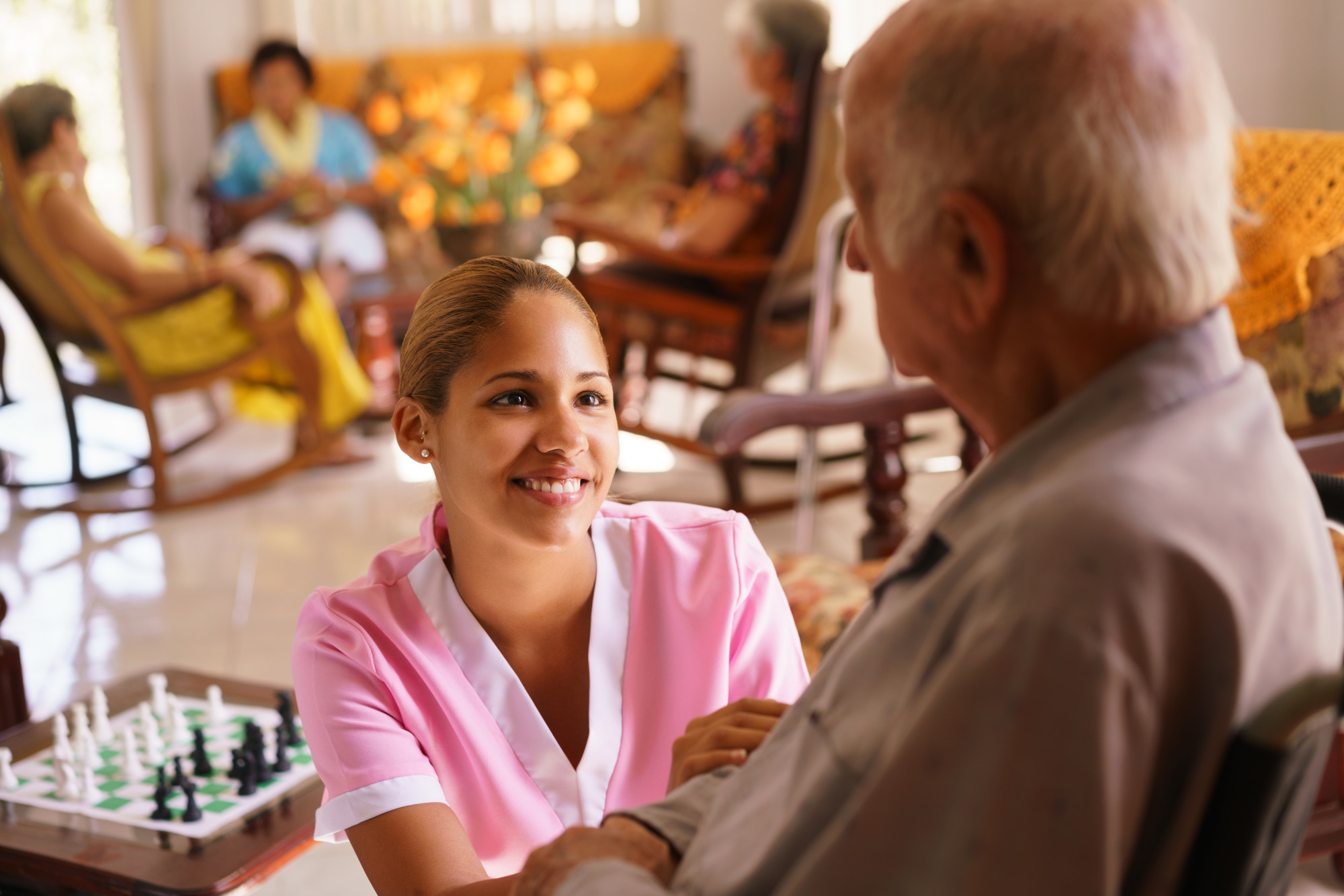
Were you aware that about 85% of older U.S. adults have at least one chronic health problem? Six in 10 even have two or more! These include heart disease, arthritis, diabetes, and dementia, to name a few.
Despite their poor health, many elderly folks live alone in their own homes. But unfortunately, that puts their safety at an even greater risk.
So if you have an aging loved one, it pays to know if it’s time for elder care solutions, primarily assisted living.
Below we’ve outlined some signs indicating it is, so read on.
Table of Contents
Frailty and Mobility Problems
According to experts, 4.5 million older adults in the U.S. experience a fall annually. Worse, the incident rate within this population group keeps increasing by about 1.5% each year.
Older adults with frailty, mobility woes, or arthritis are even more at risk for falls. So if your elderly loved one has either (or both), it may be best for them to stay in an assisted living community.
Assisted living communities can be safer since they have better fall prevention strategies.
For starters, they have assistive devices like grab bars to help keep seniors steady. They also have more trained people around in case of emergencies. Additionally, they have supervised on-site fitness centers where residents can exercise.
Potential for Medication Non-Adherence
More than four in 10 older adults in the U.S. take at least five prescription medications. That’s a lot for anyone, but remembering what and when to take them can even be more challenging for some seniors. That’s especially true for those who may experience memory lapses from time to time.
Fortunately, medication assistance is something you can expect from assisted living communities. These include pharmacy services, medication management, and even medication reminders.
So if you know your elderly loved one is having medication issues, it may be time to intervene. For example, tell them how elderly care services can refill their prescriptions. You can then follow that up with a reminder that taking their meds on time can keep them healthy and alive.
Requires Help for ADL
ADL, which stands for activities of daily living, are essential, routine tasks. The inability to perform them, in turn, can result in unsafe conditions. Ultimately, that can lead to poor health and lower quality of life.
There are six essential types of ADL, including:
- Ambulating, such as walking independently
- Feeding oneself
- Getting dressed
- Personal hygiene, such as bathing and grooming
- Continence, including bladder and bowel control
- Toileting, such as the proper use of the toilet and cleaning oneself afterward
If your loved one can no longer perform one or more of those, it may be best to get senior care help. Rest assured that assisted living communities specialize in providing ADL assistance.
Consider Enlisting Elder Care Solutions ASAP
Please keep in mind that, every year, millions of preventable injuries occur in U.S. homes. Worse, thousands of these incidents result in fatalities. And as you can imagine, many of the patients and victims are older adults living alone.
So if you have an elderly loved one in the same situation, please consider elder care solutions. The sooner they transition to assisted living, the sooner they can be in a safer environment.
Would you like to read other informative guides like this? Then please feel free to browse more of our blog now!